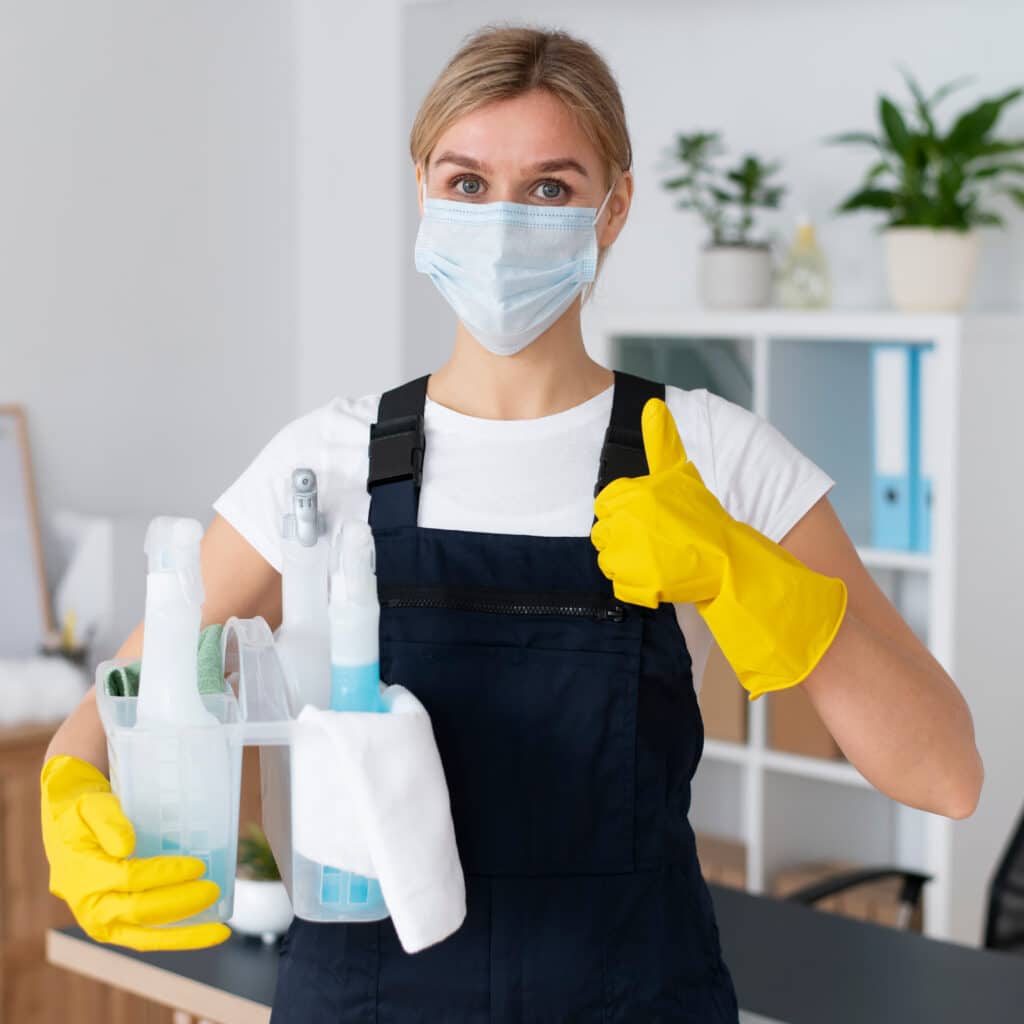Legislative Changes Impacting Housecleaners in Canada

The housecleaning industry in Canada has been significantly influenced by various factors – from technology and the economy to societal norms. Among these factors, legislative changes stand out due to their direct impact on business operations. To equip housecleaners with up-to-date knowledge, we dive deep into the recent legislative amendments and their implications for the industry.
1. Increase in Minimum Wage
Across various provinces in Canada, there’s a resounding call for increased minimum wages. This movement, most prominently led by Ontario, seeks to assure workers of a wage that mirrors the nation’s economic growth.
With this impending change, the housecleaning industry stands at a crossroads. Increasing wages is not just an act of recalibrating pay scales. Businesses must assess how this alteration will impact their operating costs. There’s an intricate dance between adjusting to new wage norms and maintaining the price points that clients have come to expect.
Additionally, the wage hike might serve as a catalyst for a more engaged workforce. With improved compensation, businesses could witness an upswing in service quality and possibly a reduction in staff attrition.
Source: Ontario Government News Release
2. Enhanced Worker Rights in Gig Economy
Digital platforms are rapidly redefining the contours of many industries, with housecleaning being no exception. The gig economy, characterized by its flexibility, however, also raises concerns regarding the rights of its workers. In Canada, as the gig workforce burgeons, there’s a marked attention on ensuring they don’t remain in the periphery when it comes to rights and entitlements.
Recent legislative interventions aim to equip gig workers, like those collaborating with platforms such as Handy or TIDY, with rights that were traditionally reserved for full-time employees. These changes signify a paradigm shift. It’s not merely about granting rights but recognizing the evolving nature of work and the protections it demands.
Furthermore, this pivot in the legislative framework encourages the housecleaning industry to think long-term about the relationships with their gig workers. With rights come responsibilities, and it’s crucial for businesses to understand the dynamics of this balance. By fostering a relationship built on mutual respect and understanding, companies can ensure a motivated, contented, and efficient workforce.
Lastly, these legislative changes serve as a reflection of society’s evolving perception towards gig workers. The housecleaning industry, among others, stands at the cusp of this transition. Companies that can read these legislative cues and proactively adapt will undoubtedly stand out in their commitment to both customers and their workforce.
Source: Canadian Government Legislative Update
3. Stricter Chemical Usage Regulations
The health of residents and the environment has taken a central stage in recent legislative considerations, especially in the context of housecleaning. Cleaning agents and chemicals, while effective, can also be a potential source of harm. To address this, Canadian authorities have rolled out stricter regulations pertaining to the usage and disposal of cleaning chemicals.
These new regulations emphasize the importance of transparency. Companies are now mandated to disclose the ingredients in their cleaning agents. This allows homeowners to make informed decisions about the products used in their homes, ensuring that they align with their health and environmental preferences. It’s not just about cleaning efficiently anymore but cleaning responsibly.
In addition to ingredient transparency, training has also become pivotal. Housecleaners need to be well-versed with the new chemical guidelines. This ensures they know the correct usage quantities, application methods, and disposal procedures, optimizing cleaning efficacy while minimizing harm.
Furthermore, the legislations point towards a larger trend: the movement towards green and sustainable cleaning. With restrictions on certain chemicals, housecleaning businesses are now exploring eco-friendlier alternatives. This not only aligns with the regulations but is also becoming a selling point for environmentally-conscious customers.
This significant legislative pivot nudges cleaning businesses towards adapting their practices. The future of housecleaning in Canada will likely be characterized by a harmonious blend of efficiency, responsibility, and eco-friendliness. Adhering to these regulations not only ensures compliance but can also act as a distinguishing factor in a competitive market.
Source: Environment and Climate Change Canada
4. Data Protection and Privacy
As housecleaning companies increasingly rely on digital tools and platforms, safeguarding personal data becomes a top priority. These businesses handle diverse customer data, from basic contact information to detailed house layouts and sometimes even security specifics. Recognizing the significance of this responsibility, Canadian lawmakers have introduced more rigorous guidelines to protect this sensitive data.
New regulations demand that companies must secure explicit consent before gathering, storing, or disseminating any client information. It’s also crucial that the reason for data collection is explicitly communicated and agreed upon by both parties. Such measures not only uphold data integrity but also foster trust and transparency between the company and its clients.
Housecleaning businesses are now mandated to implement stringent data protection protocols. This encompasses advanced encryption methods, periodic data audits, and the obligatory disclosure of any data breaches. The primary goal is not only to safeguard the information but also to reassure clients about the security of their data.
For housecleaning entities, this means a pressing need to invest in comprehensive data management systems and ongoing employee training. Adhering to these practices not only ensures legal compliance but also fortifies the trust relationship with their client base.
Source: Office of the Privacy Commissioner of Canada
5. Enhanced Health and Safety Standards
The health and safety of workers in any industry should always be a top concern. For housecleaners, this takes a central role given the nature of their work environment, where they might encounter various chemicals, allergens, or even precarious physical conditions. Recognizing the unique challenges faced by housecleaners, recent legislation in Canada has laid down enhanced standards aimed at safeguarding these workers.
New mandates stipulate more rigorous training on the handling and storage of cleaning chemicals. Businesses are now required to provide protective gear, from gloves to masks, ensuring that their employees are shielded from any potential hazards. This not only benefits the employees but also brings peace of mind to homeowners, knowing that their homes are cleaned with the utmost consideration for health and safety.
Furthermore, there’s a renewed emphasis on mental well-being. With the challenges posed by the pandemic, the psychological toll on housecleaners can’t be ignored. New guidelines advocate for regular mental health check-ins, and companies are encouraged to foster an environment where workers feel supported and heard.
Source: Canadian Centre for Occupational Health and Safety
The constantly evolving legislative landscape is a testament to Canada’s commitment to ensuring that both workers and consumers navigate the housecleaning industry with confidence and security. As the government recognizes the unique challenges faced by those in this profession, the introduction of these new laws signifies a shift towards a more sustainable and safer future for everyone involved.
While housecleaners will need to adapt and familiarize themselves with these changes, the long-term benefits are clear. Improved working conditions, better client trust, and enhanced safety protocols mean that the industry as a whole stands to gain significantly. For business owners, staying updated and compliant is not just a legal necessity, but a step towards building a more robust, reliable, and resilient brand in the marketplace.
It’s imperative for those in the housecleaning sector to remain informed and proactive. Engaging in continuous education, attending industry seminars, and regularly checking official websites for updates are all essential in staying ahead. By doing so, housecleaners and businesses can ensure they’re not only meeting but surpassing industry standards, setting themselves up for success in the years to come.




Responses